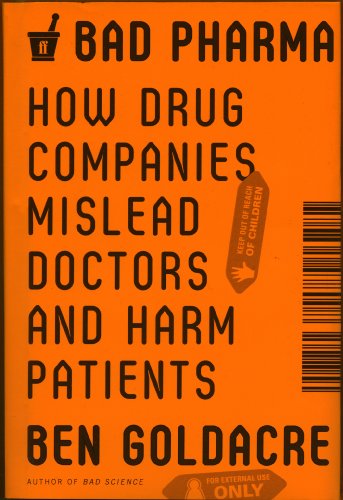How Bad News Travels Crossword: A Journey Through the Web's Speed of Sound
Guide or Summary:Speed of Sound: The Immediate Spread of Bad NewsThe Psychology Behind Viral MisinformationThe Impact of Bad News on SocietyStrategies for C……
Guide or Summary:
- Speed of Sound: The Immediate Spread of Bad News
- The Psychology Behind Viral Misinformation
- The Impact of Bad News on Society
- Strategies for Combating Bad News
In the digital age, information flows faster than ever before. The advent of social media and instant news platforms has revolutionized the way we consume and share information. But what happens when that information is bad news? How does it spread, and why does it seem to move with the speed of sound? This article delves into the mechanics of how bad news travels crossword, offering insights into the psychology behind viral misinformation and the impact it has on society.

Speed of Sound: The Immediate Spread of Bad News
The phrase "how bad news travels crossword" encapsulates the phenomenon of misinformation spreading like wildfire across the internet. Unlike the speed of sound in the physical world, which is determined by the medium through which it travels, the speed of bad news online is driven by human psychology and social dynamics.
The Psychology Behind Viral Misinformation
Humans are naturally drawn to news that confirms our pre-existing beliefs or emotions. This cognitive bias makes us more likely to share bad news than good news. Moreover, the anonymity and distance afforded by the internet allow individuals to share information without fear of repercussions, further fueling the spread of misinformation.

The Impact of Bad News on Society
The rapid spread of bad news can have far-reaching consequences. It can lead to panic, social unrest, and even real-world harm. For example, during the COVID-19 pandemic, misinformation about the virus's transmission and treatment spread quickly, causing confusion and fear among the public.
Strategies for Combating Bad News
To combat the spread of bad news, it's essential to promote media literacy and critical thinking skills. Fact-checking websites and organizations play a crucial role in identifying and debunking false information. Additionally, social media platforms must take responsibility for moderating content and removing harmful misinformation.

The speed at which bad news travels crossword is a powerful reminder of the importance of media literacy and critical thinking. By understanding the psychology behind viral misinformation and taking proactive steps to combat it, we can create a more informed and resilient society. In a world where information is king, it's up to us to discern the truth from the noise.